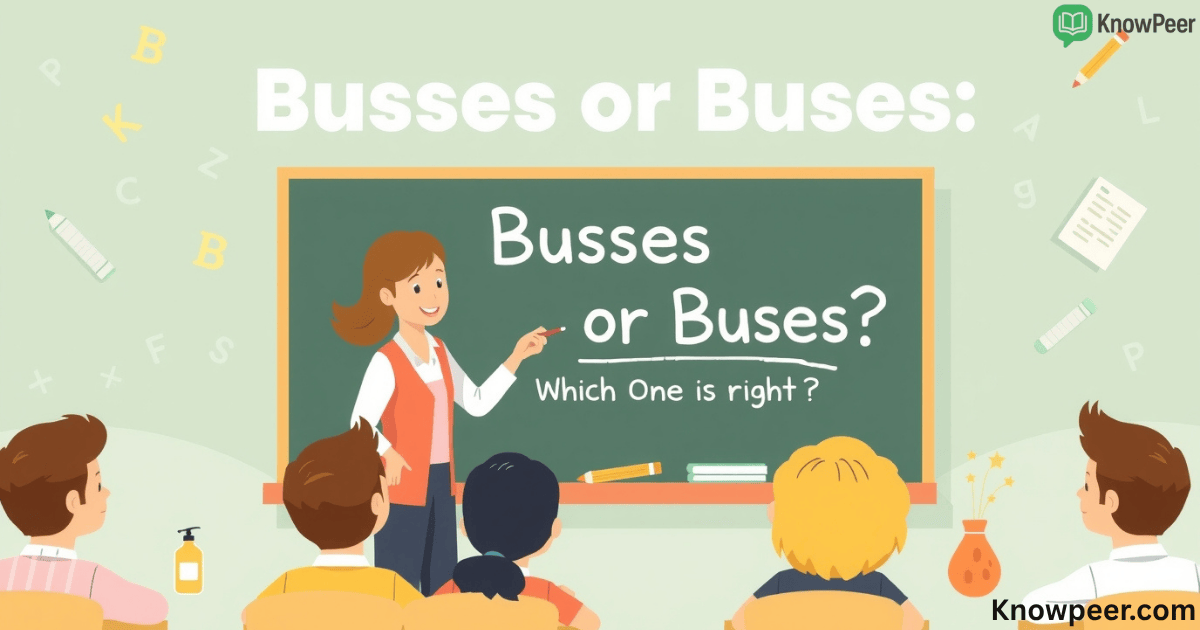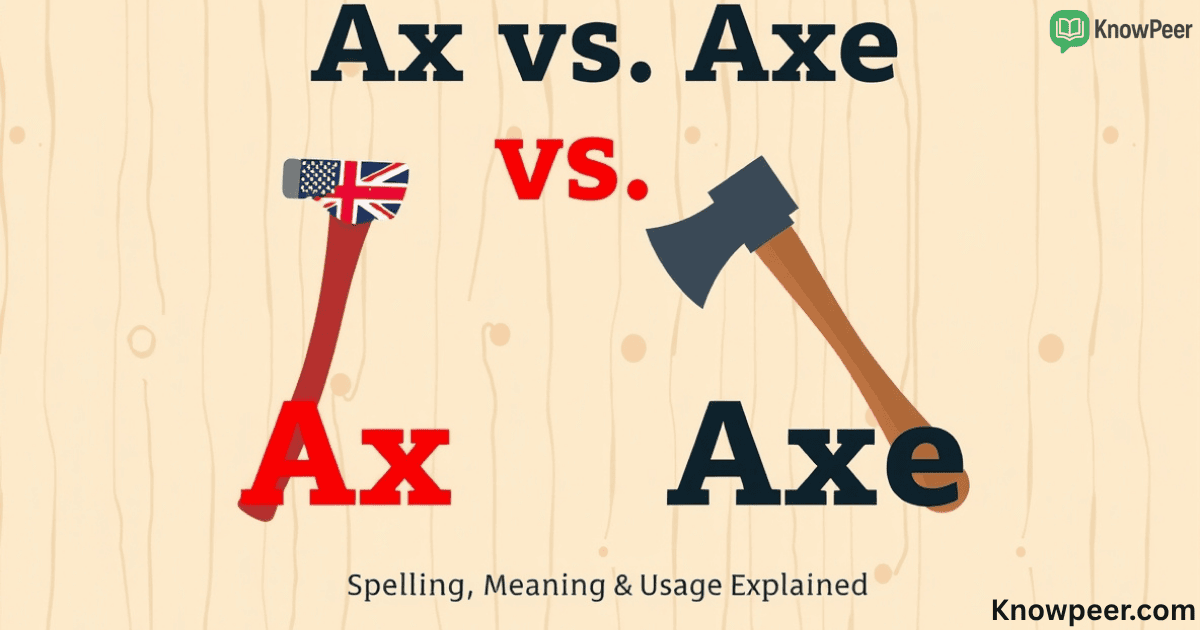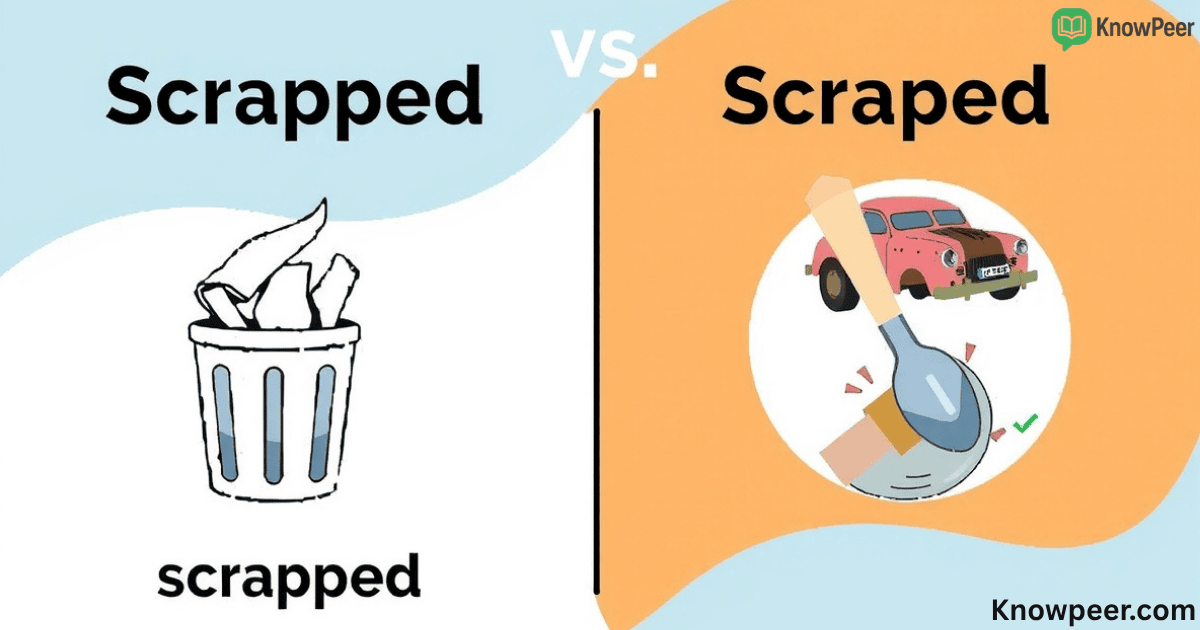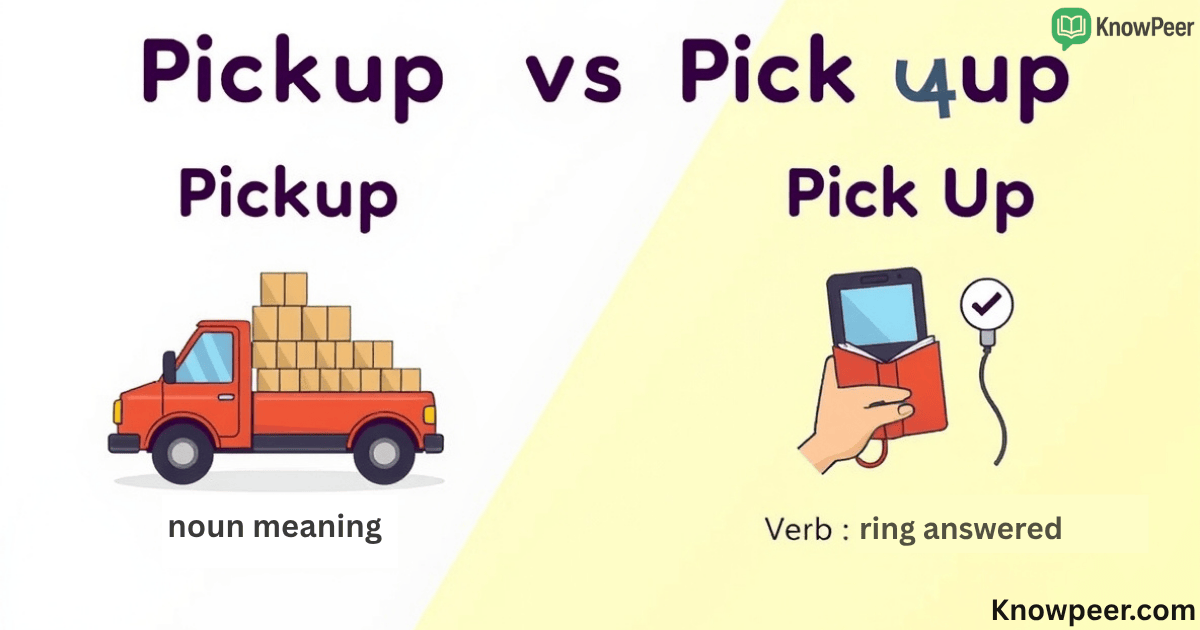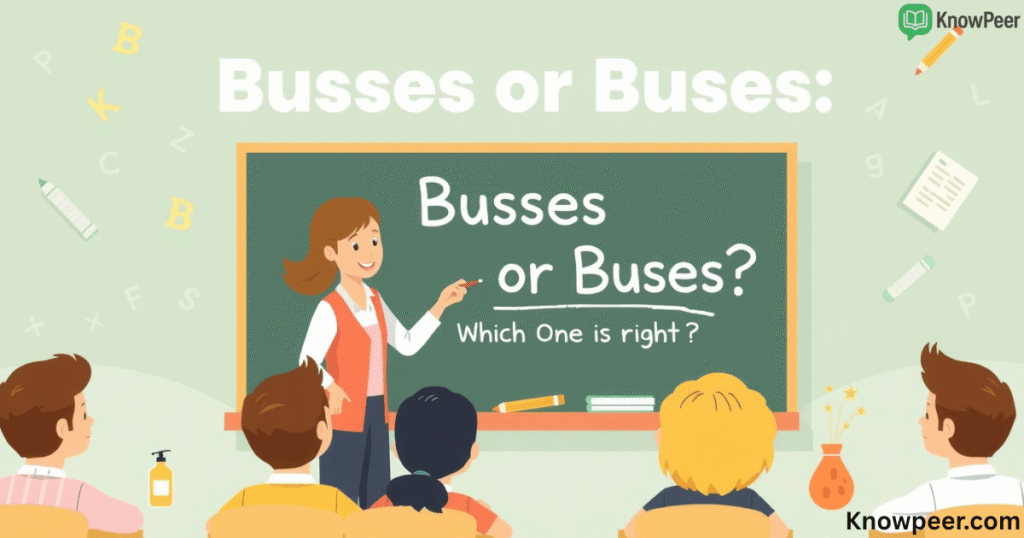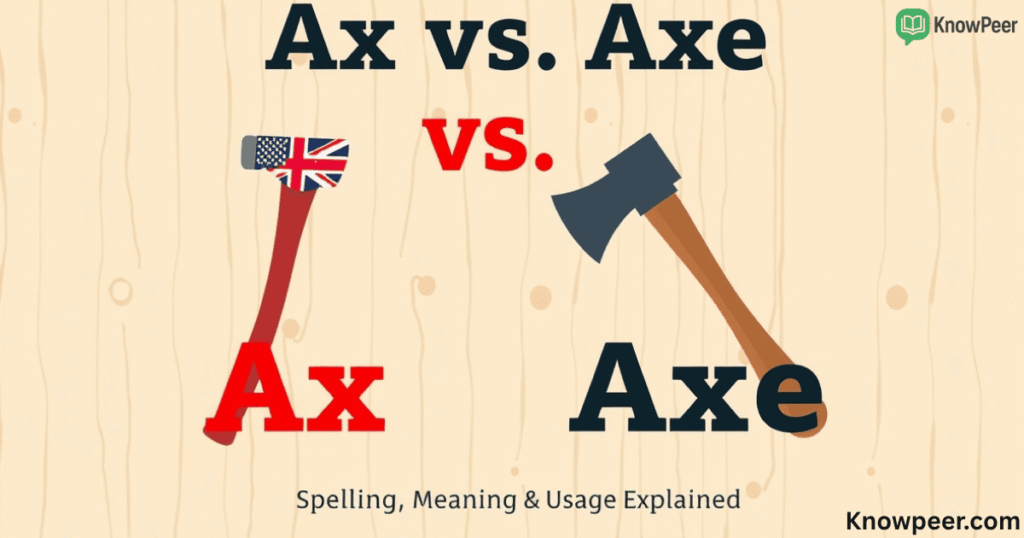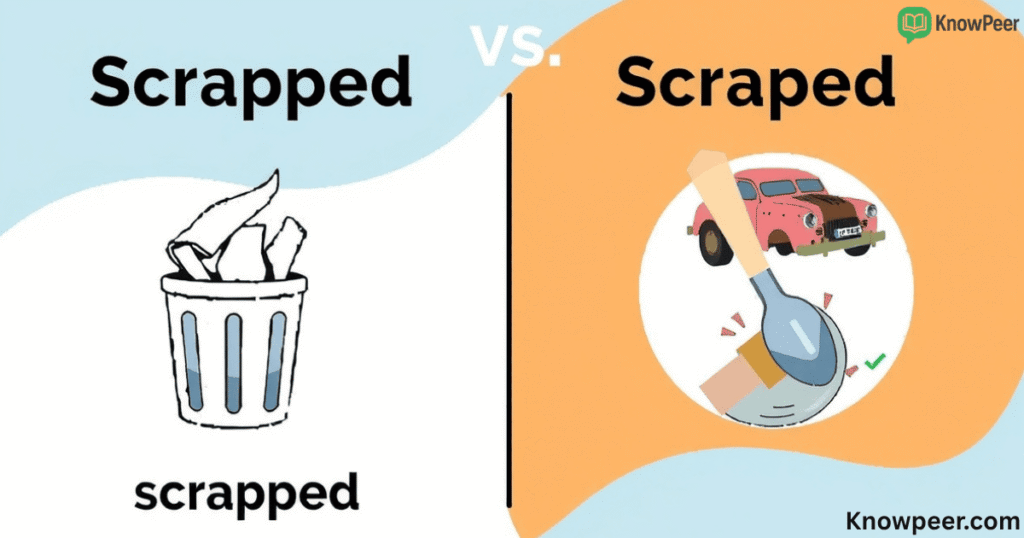Mistakes in spelling can change how people see your writing. One of the most common ones is coming vs comming. You may have seen both online or even written “comming” yourself. But only one is correct. This article will explain everything you need to know about the correct spelling of coming, how to avoid the mistake, and the real rules behind it.
Many English learners and even native speakers get confused about how to spell “coming”. They wonder, is comming a word? Why do some verbs double the last letter, like in “running”, but not here? This post will make it all clear. You’ll also learn why this small spelling error can cause big problems in serious writing, like resume spelling mistakes or job emails.
Coming vs Comming: One Is Right, One Is Wrong
The word “coming” is the only correct choice. The form “comming” is always wrong. It’s not a real word in English. But many people still use it by accident. That’s because spelling in English can be tricky, especially when verbs change forms.
Comming meaning doesn’t exist. If you search for “comming” in a dictionary, you won’t find it. It’s not used in formal writing, speech, or any proper English context. Still, this mistake shows up in emails, posts, and even websites. This error is a result of misunderstanding the spelling rules for English verbs.
Why “Coming” Is the Correct Spelling
Let’s look at the root of the word. The base verb is “come.” To change it into a continuous or progressive form, you need to add -ing. But there’s a rule: when a verb ends in silent “e”, you usually drop the e and add ing. That’s why “come” becomes coming, not comeing.
Some learners think of words like “swimming” or “running” and assume that “coming” should follow that pattern. But those words don’t end in e, and they are one-syllable verbs with a short vowel before the final consonant. That’s why they follow the double consonant rule. “Come” is different because it ends in silent e, so we follow the drop the e and add ing rule.
Is “Comming” Ever a Real Word?
The short answer is no. Is comming a word? Not in English. It’s never been accepted in any dictionary, not in American English or British English. There’s no special meaning or grammar context where “comming” is okay.
Sometimes people may think it’s a British spelling. But British vs American spelling has no effect here. The correct spelling is “coming” in all versions of English Coming vs Comming. It doesn’t matter what country you’re in; “comming” is always incorrect. If you type “comming” into Word or Google Docs, most grammar checker suggestions will fix it automatically.
English Spelling Rule: When to Double the Final Consonant
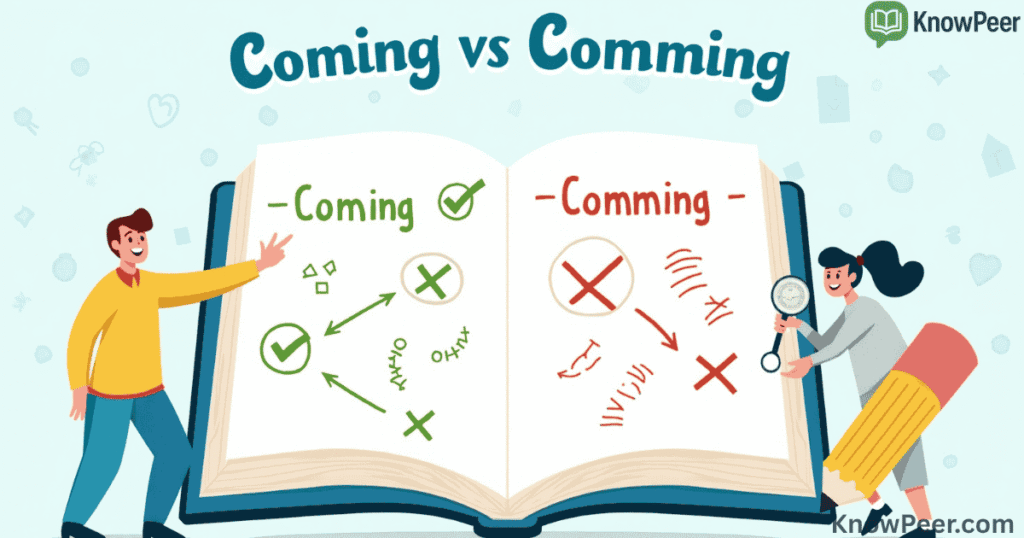
To avoid this mistake again, it’s good to learn the spelling rule for -ing verbs. There’s a clear pattern when it comes to verb endings in English. Here’s how it works.
| Base Verb | Correct -ing Form | Double Final Consonant? | Rule Applied |
| run | running | Yes | Short vowel + consonant |
| swim | swimming | Yes | Short vowel + consonant |
| bake | baking | No | Drop the final “e” |
| come | coming | No | Drop the final “e” |
| plan | planning | Yes | One-syllable + ends in consonant |
| hope | hoping | No | Drop the final “e” |
The difference is easy to remember. If the verb ends in silent e, you drop it before adding “-ing.” If the verb is one syllable and ends in consonant after a short vowel, you double the last letter. That’s why “swim” becomes “swimming” and “come” becomes “coming.”
How to Remember the Correct Spelling of “Coming”
It’s helpful to build small habits when trying to fix common English spelling mistakes. One method is using rhymes or short memory tricks. Here’s one: “If it ends in e, drop the e before ing.” You can repeat this rule when writing.
Another way is using word families. Look at other examples of -ing verb forms that follow the same rule. Words like “bake” become “baking,” and “ride” becomes “riding.” You don’t see “bakeing” or “rideing” because they would be wrong too. If you remember this pattern, you’ll always spell coming correctly.
Real Examples of “Coming” Used in Sentences
Seeing words in real use helps your brain remember them. Below are a few examples that show how coming works in actual sentences. You’ll notice that it can be used as part of a verb phrase or as a participle form of come.
- I am coming to the party tonight.
- She said the storm was coming soon.
- The coming year holds many surprises.
Each of these shows a different tone—casual, serious, and formal. No matter the style, “coming” is used properly as either a present participle or a gerund. You’ll never see “comming” in correct writing like this.
Can “Coming” Be Used as a Noun?
Yes, it can. When “coming” acts as a noun, it is called a gerund. You’ll often see it in phrases like “the coming of spring” or “his coming marked a change.” In this case, it’s not just showing an action but representing an idea or event.
This is a great example of the participle form of come doing double duty. It works as a verb in most uses, but in formal writing or literature, it becomes a noun. You’ll even find this in titles like “The Coming of the Messiah” or “The Coming Storm.”
What’s the Opposite of “Coming”?
The opposite of “coming” is usually “going” or “leaving.” The correct choice depends on context. If someone says, “I’m coming to your house,” the opposite would be “I’m going away” or “I’m not coming.”
Here’s a quick contrast:
| Phrase with “Coming” | Opposite Phrase |
| She’s coming tomorrow | She’s leaving tomorrow |
| The storm is coming | The storm is going away |
| Coming soon | Already gone |
These differences help us build better sentence variety and improve our spelling habits in professional writing.
Commonly Misspelled Words Like “Coming”
Mistakes like “comming” are part of a bigger issue: spelling errors in English that come from confusion about rules. Many other verbs follow similar patterns Coming vs Comming. People also spell them wrong if they don’t understand when to drop letters or double them.
Here’s a table to show common typos and the correct forms:
| Wrong Spelling | Correct Form | Reason |
| writting | writing | No double “t” needed |
| swiming | swimming | Needs double “m” |
| bakeing | baking | Drop the “e” |
| comeing | coming | Drop the “e” |
| runing | running | Needs double “n” |
These common typos in English can be hard to catch if you don’t proofread. That’s why it’s smart to know the rule and double-check your work.
How Spelling Mistakes Affect Writing Clarity
Making small errors like writing “comming” instead of “coming” can hurt how others view your work. These writing mistakes that hurt credibility make you look careless, even if your ideas are smart. This is especially true in resumes, cover letters, and business emails.
In a survey, hiring managers said they often reject resumes with basic spelling errors. These resume spelling mistakes show a lack of attention to detail. When you’re applying for a job or writing something important, even one error can make the difference Coming vs Comming.
Can Tools Like Grammarly or ProWritingAid Help?
Yes. Spelling tools like Grammarly are built to catch mistakes like “comming.” They use grammar checker suggestions and real rules to show you the correct form. Grammarly, ProWritingAid, and tools in Word or Google Docs all flag “comming” as a mistake.
Here’s a quick comparison of popular tools:
| Tool | Spelling Fixes | Grammar Help | Free Version |
| Grammarly | Yes | Yes | Yes |
| ProWritingAid | Yes | Yes | Yes |
| MS Word | Yes | Limited | Yes |
| Google Docs | Yes | Limited | Yes |
Using these tools builds better spelling habits in professional writing. But don’t depend on them completely. Learn the rules so you don’t repeat the same errors.
Real-World Case Study: A Resume Rejected for “Comming”
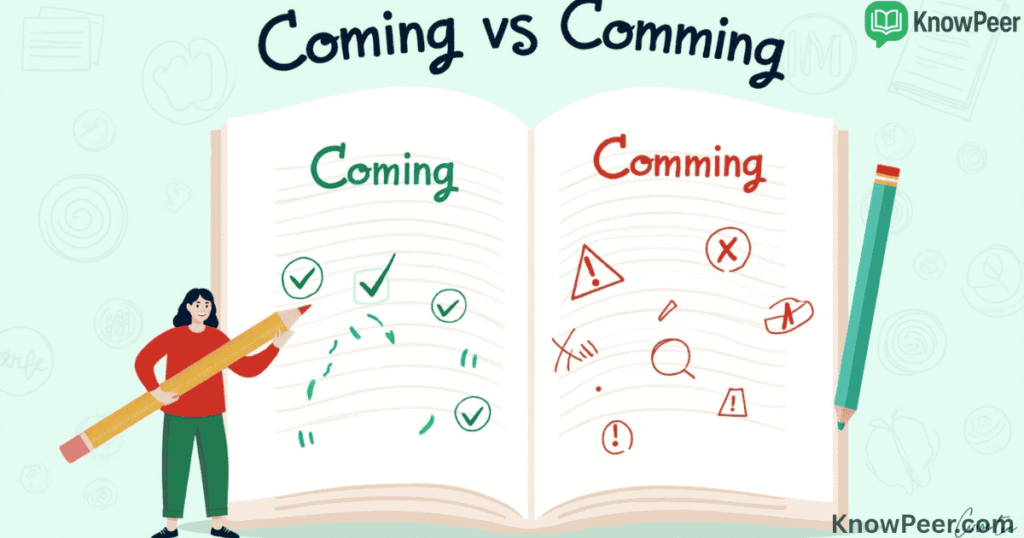
Let’s look at a real-world example. James was applying for a job as a teacher. His resume was well-designed, and he had good experience. But in his cover letter, he wrote: “I am comming to the interview with strong ideas.”
The hiring manager noticed it right away. Though the rest of his letter was fine, this one mistake showed poor spelling habits. In a competitive field, small details matter. He didn’t get the job. This shows how one tiny error—like coming vs comming—can have big effects.
Frequently Asked Questions
Is “comming” ever correct in English? No. It’s not found in any dictionary and has no accepted usage.
Why doesn’t “come” double the “m” like “swim”? Because “come” ends in silent “e.” So you follow the drop the e and add ing rule.
Is there a difference between “coming” and “incoming”? Yes. “Coming” is about arrival or approach. “Incoming” often refers to direction, like “incoming calls.”
How can I learn the spelling rule easily? Memorize this: If it ends in e, drop the e before adding ing.
Do grammar tools always fix “comming”? Most of the time, yes. But it’s best to learn the rule yourself.
Final Thoughts
The correct use of “coming” is a small but important part of mastering English. It helps you avoid confusion, look professional, and write with confidence. You now know that “comming” is not a word, and you understand the rules that explain why.
Learning English grammar tips like this makes you a better writer. Whether you’re sending emails, doing homework, or applying for a job, small spelling changes matter. Remember the rule, use tools when needed, and read often to build better habits.
Sources
https://www.merriam-webster.com
https://prowritingaid.com
https://grammarly.com


